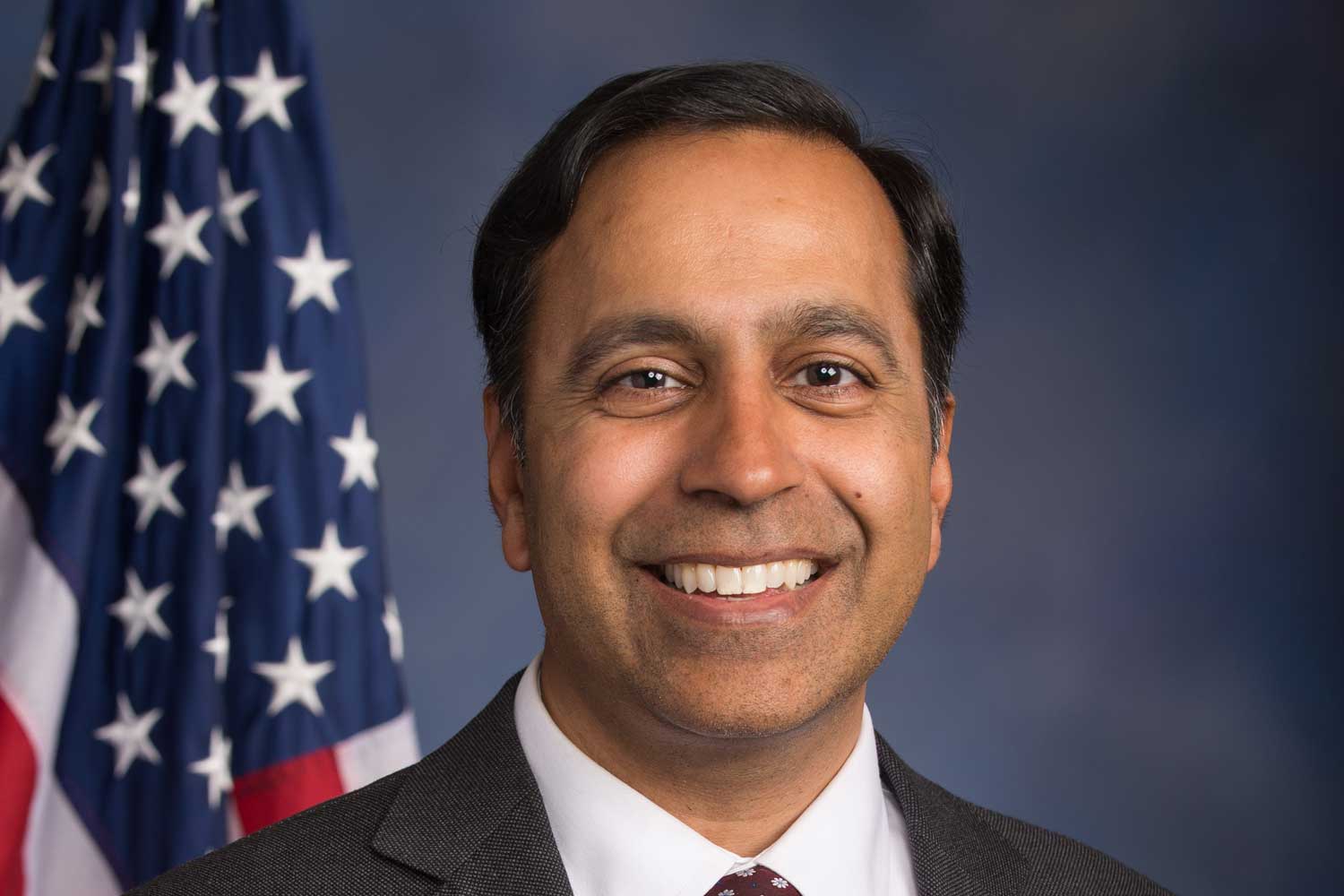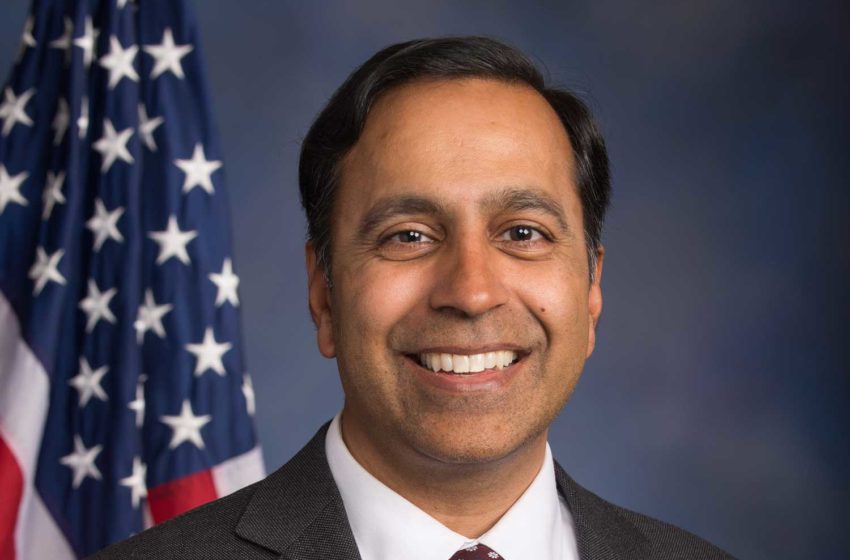
U.S. Representative Raja Krishnamoorthi, chair of the subcommittee on economic and consumer policy, has sent letters to two companies that manufacture or sell synthetic nicotine products, requesting information about the companies and their sale of these products.
One letter was addressed to Next Generation Labs, the self-declared market leader in the production and sale of synthetic nicotine. The company claims its unregulated synthetic nicotine is used in more than 60 products and projects its sales to increase by 1,800 percent this year.
Synthetic nicotine has been gaining popularity among vapor companies after the FDA denied hundreds of thousands of marketing applications for products made with conventional nicotine.
“In response, some e-cigarette and e-liquid manufacturers, banned from legally selling their products, reportedly plan to switch to synthetic nicotine in an effort to avoid FDA regulation,” Krishnamoorthi wrote in his letter to Next Generation Labs.
“Next Generation Labs appears to support this approach, with its co-founder, Ron Tully, offering the following thoughts on the FDA laws and regulations governing nicotine: ‘If the statute has been ill-conceived, and the regulation has been ill-drafted, it is not the responsibility of the industry to conform to some kind of idea that you can’t innovate in those spaces where the legislation doesn’t occur.’”
Krishnamoorthi also sent a letter to Puff Bar, whose products have replaced Juul as the vape of choice for many young people after Juul Labs discontinued certain flavored products. In 2020, the Food and Drug Administration ordered Puff Bar to pull its products from the market. Earlier this year, the company introduced new versions of its products using synthetic nicotine.
In a recent profile by The Wall Street Journal, Puff Bar co-CEO Patrick Beltran described the Puff Bar ingredient change as “a forced innovation,” saying that the FDA gave the company no choice. Because the Tobacco Control Act specifically gives the FDA authority to regulate nicotine “made or derived from tobacco,” most people believe the agency’s Center for Tobacco Products cannot regulate products that use synthetic nicotine—at least not without serious legal challenges, according to Vaping360.
“You have apparently made the vile decision to continue enriching yourselves by poisoning children,” Krishnamoorthi wrote in his letter to Puff Bar. “Puff Bar’s meteoric rise in popularity among kids resulted in $156 million in sales in 2020 alone. Puff Bar should not be allowed to continue harming children due to FDA’s failure to regulate synthetic nicotine, and I intend to put an end to your predatory practices.”
In his letter to Next Generation Labs, Krishnamoorthi requested information regarding the company’s sales and new business. In his letter to Puff Bar, Krishnamoorthi requested information regarding the company’s ownership and operations as well as support for the company’s assertion that it is using synthetic nicotine, and requested the company’s co-chief executive officers appear for transcribed interviews.
Greg Conley, the president of the American Vaping Association, said Krishnamoorthi lacked evidence that the targets of his investigation have broken any laws. “As per the usual, he is playing politics, and we are hopeful the demands specified in his letter will be resisted,” Conley told Filter.
“With youth vaping numbers and the associated moral panic continuing to decline,” he continued, “it remains to be seen whether Representative Krishnamoorthi’s primary goal—getting media attention focused on Representative Krishnamoorthi—will actually be met with this campaign.”

